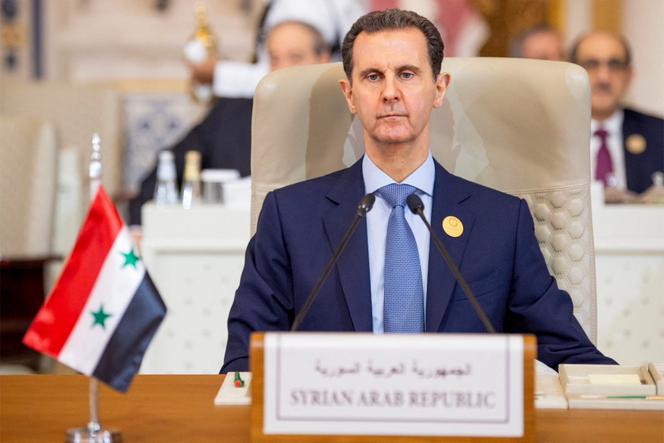


For the lawyer Mazen Darwish, the former director of the Syrian Center for Media and Freedom of Expression (SCM) and a member of the International Federation for Human Rights (FIDH), it was a "historic day – another victory for the victims, their families and survivors, and a step on the road to justice." And, above all, the culmination of a long struggle that began 10 years ago.
On November 14, a French court issued an international arrest warrant for Syrian President Bashar Al-Assad, accusing him of complicity in crimes against humanity for the chemical attacks perpetrated in August 2013 against residents of eastern Ghouta, a vast suburban and agricultural area near the capital, Damascus, then controlled by rebels at war with the regime.
In addition to the Syrian president, there are also warrants against his brother, Maher Al-Assad, who is the de facto head of the 4th Division, an elite military unit that serves as the regime's praetorian guard, as well as two generals, Ghassan Abbas, director of "Branch 450" of the Center for Scientific Studies and Research, where the chemical weapons were developed, and Bassam Al-Hassan, liaison officer and chief of security. All are considered to be at the heart of the chain of command that took the decision to bomb these civilian areas. The August 5 attacks in Adra left at least 450 people injured. On August 21, the bombing of Douma marked a further stage in the escalation of terror: more than 1,000 people were killed and thousands more wounded.
It is the first time an arrest warrant issued against a sitting head of state by a national court. Until now, only the International Criminal Court (ICC) had dared to take such a step. In France, the proceedings began in March 2021, following a civil suit filed by three non-governmental organizations (NGOs): the SCM, the Open Society Justice Initiative and the Syrian Archive. The suit told of "the horror and fear, the children crying and the people running" and "the astonishment at the sight of corpses and the noise of the bombing." The residents of Douma were caught between conventional artillery fire and attacks using sarin, a deadly nerve agent that spread to the lower parts of buildings and into cellars where panicked residents had taken refuge.
Initially, it was grassroots activists, including Razan Zaitouneh, a lawyer and human rights campaigner kidnapped by an armed group in December 2013, who endeavored to gather initial evidence, said Darwish, who paid tribute to his colleague and friend who has been missing since then. More than 500 statements from survivors and witnesses from the Syrian security apparatus, hundreds of videos, and numerous descriptions of the Syrian army's chain of command and its chemical weapons program have since been gathered and submitted to the French proceedings.
You have 55% of this article left to read. The rest is for subscribers only.
